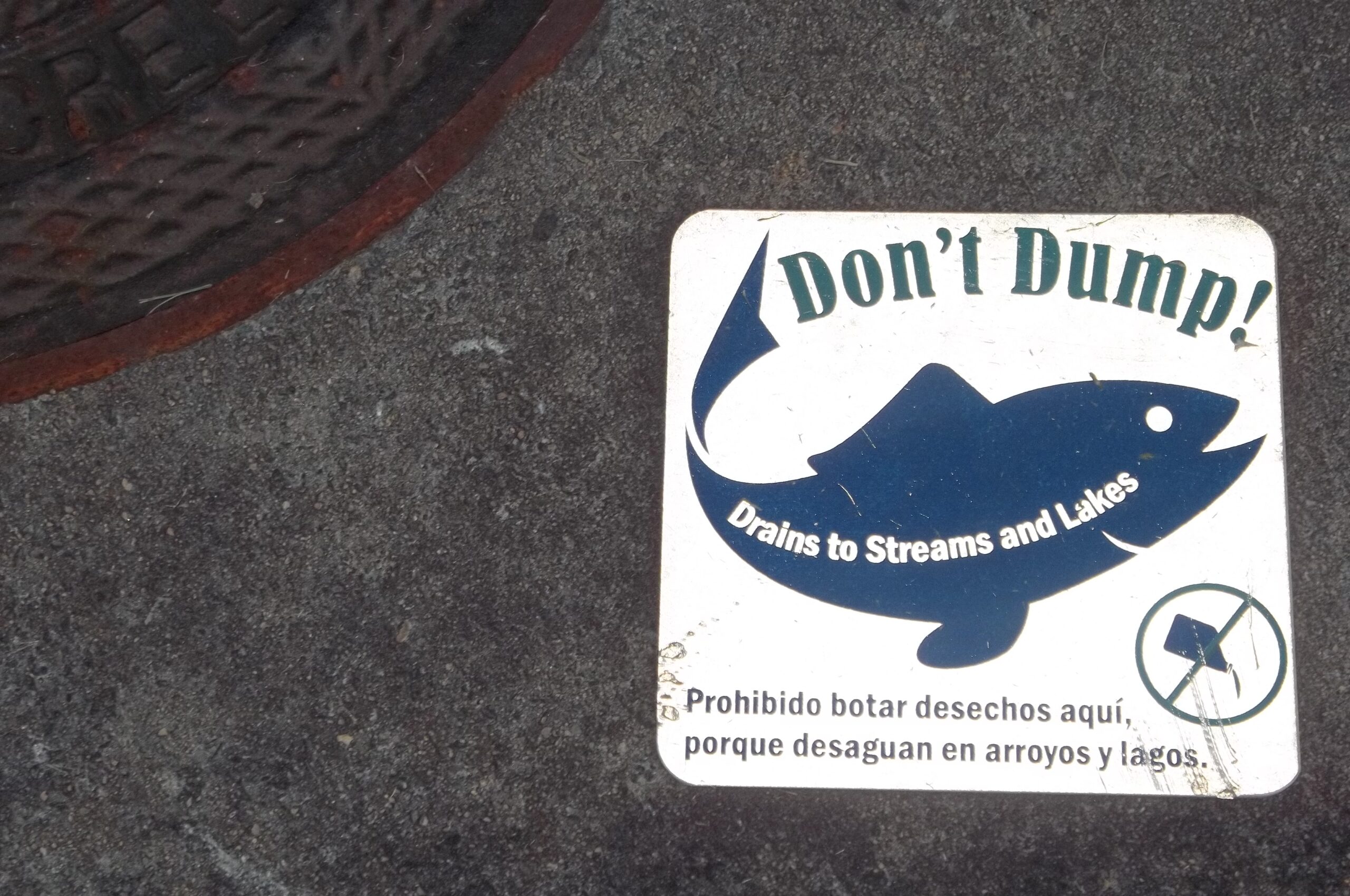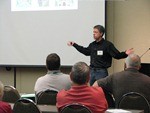The Bullet:
A Houston chemical container company and two of its principals face felony environmental charges. It is alleged the company used a hidden storm drain to dump benzene and other highly toxic liquids into waterways near homes and schools over a period of at least months, injuring its employees in the process.
Who:
- Wright Containers:
- Opened facility in Houston, TX in 2017 and had plans for a second location in Sulphur, Louisiana.
- It has customers from Texas, Louisiana, Mississippi, Oklahoma and other states.
- Both the owner of the company and the general manager were charged with a felony for the alleged environmental crimes.
- Investigated by:
- Environmental Crimes Division of the Harris County District Attorney’s Office.
- Houston Police Department’s Environmental Crimes Unit.
- Reported by: Mark Collette and Brian Rogers of the Houston Chronicle.
What:
Wright Containers picked up dirty and empty intermediate bulk containers (IBCs) – commonly referred to as totes – from businesses. (IBCs / totes are hefty industrial-strength containers, made of thick plastic, holding up to 330 gallons of liquid and encased in metal cages mounted on pallets.) Wright Containers advertised it used “a proprietary chemical treatment” to recondition the IBCs / totes for reuse as a packaging for hazardous materials. Instead, according to the investigation, the company had its employees cut the plastic containers into pieces to be thrown away, then re-outfitted the metal cages with other inner plastic containers.
It is alleged any toxic chemicals remaining in the IBCs / totes were discharged down a storm drain which ultimately leads to Sims Bayou and then Galveston Bay. The dumped chemicals included benzene, ethylbenzene, butylbenzene, dichloromethane, ethylbenzene and toluene, among others. Some are carcinogenic and highly flammable. Workers stacked the IBCs / totes around the property’s central storm drain to block it from public view.
It is believed that Wright Containers did not have the required permits for handling hazardous waste. An online Texas Commission on Environmental Quality (TCEQ) database of regulated companies shows nothing under the company’s name when reviewed by the Houston Chronicle.
There is no evidence that companies sending totes to Wright Containers knew how the waste was being disposed.
The owner of the company and its general manager, each face two counts of intentional water pollution and one count of improper disposal and storage of hazardous materials. If convicted, they could face up to 10 years in prison and fines of up to $250,000 per violation. The company is also named as a defendant.
To report acts of pollution to air, water or land to HPD’s Environmental Investigations Unit, call 713-525-2728 |
Where:
Wright Containers, in the 6600 block of Lindbergh Street in southeast Houston, is a few blocks away from Seguin Elementary School and hundreds of homes. Two other schools are nearby.
When:
- Prosecutors say Wright Containers opened for business early in 2017.
- January 8 2018, a Temporary Restraining Order was granted against Wright Containers, forbidding them from accepting or disposing any hazardous waste at their local site.
- Wright Containers was indicted on February 2, 2018.
- Updated 9:32 am CST, Monday, February 5, 2018
Why:
Prosecutors said they want this case to institute a new era of accountability for environmental crimes, relying on new lines of communication with the community to ferret out wrongdoers.
“If you’re operating without a license and handling hazardous waste, discharging hazardous waste, disposing of it, we’re going after you,” said Alex Forrest, chief of the environmental crimes division of the Harris County District Attorney’s Office.
How:
The alleged activity was brought to the attention of law enforcement by former employees acting as “whistle-blowers”.
Conclusion:
I find it very interesting that other than the reference to searching the TCEQ database above, there is no action of either the Texas Commission on Environmental Quality or the US Environmental Protection Agency reported in this case. It appears to have been handled entirely as a criminal act by local authorities.
This should serve as a wake-up call to all within the regulated industry. It is not just the state or federal agencies that may stop by for their regularly-scheduled inspections and issue you a notice of violation (NOV) and perhaps a small financial penalty. Here we see local law enforcement pursuing criminal investigations against a business for violations of environmental regulations.
Something else I noted in this report is that no responsibility is assigned to the companies that sent their totes to Wright Containers, and they better hope it stays that way. However, under the cradle-to-grave responsibility a company has for the waste it generates under RCRA, those companies could be held responsible for the mis-management of their waste.
And finally, keep your neighbors happy:
We depend on our law-enforcement agencies, concerned citizens and whistleblowers to develop and communicate the intelligence and information we need to shut down these hazardous operations. The community truly is our eyes and ears, and we want the public to know we are here.
 My training and consulting services can help you to avoid the NOVs, civil penalties, and criminal prosecution that can result from violation of the regulations.
My training and consulting services can help you to avoid the NOVs, civil penalties, and criminal prosecution that can result from violation of the regulations.


